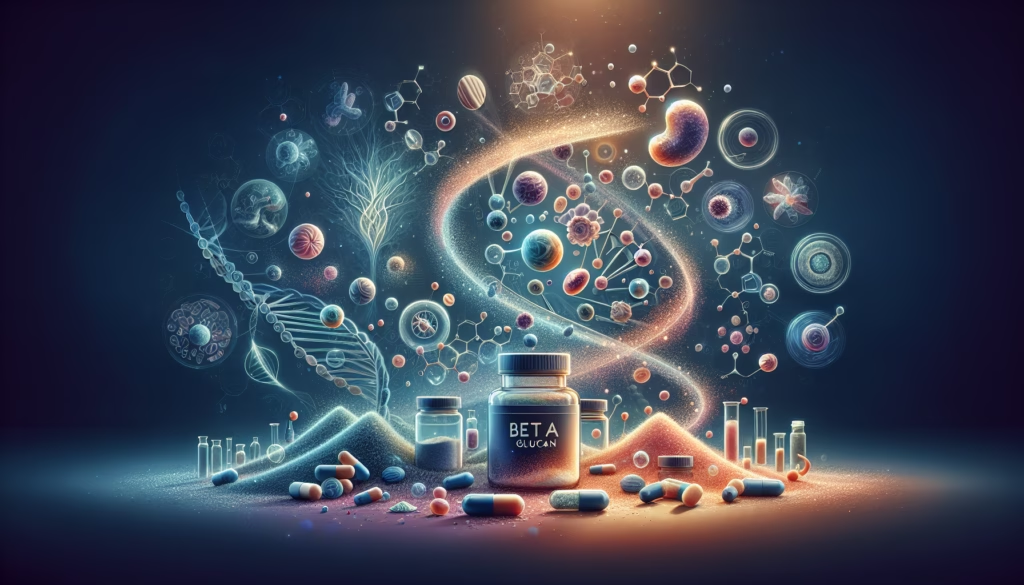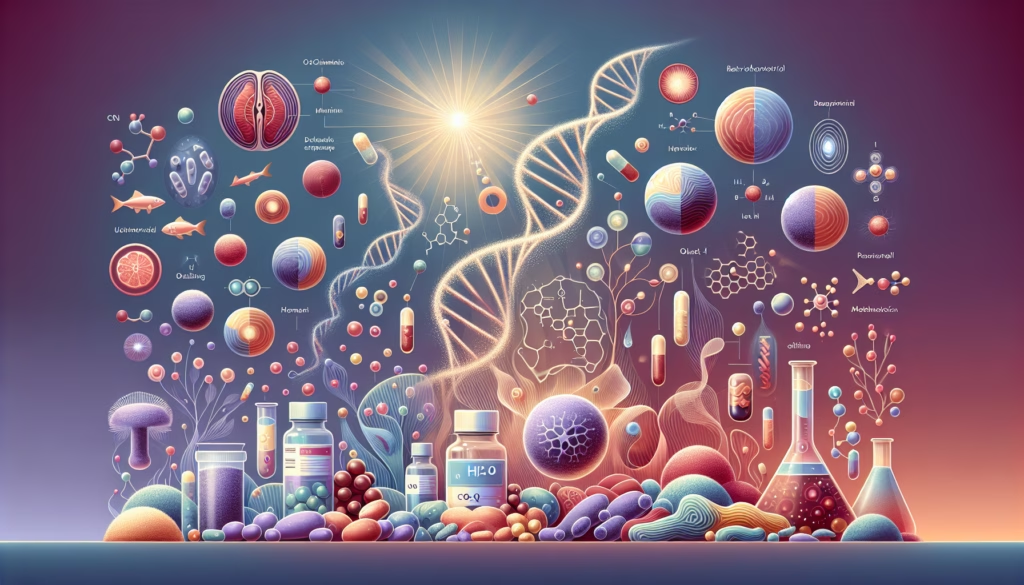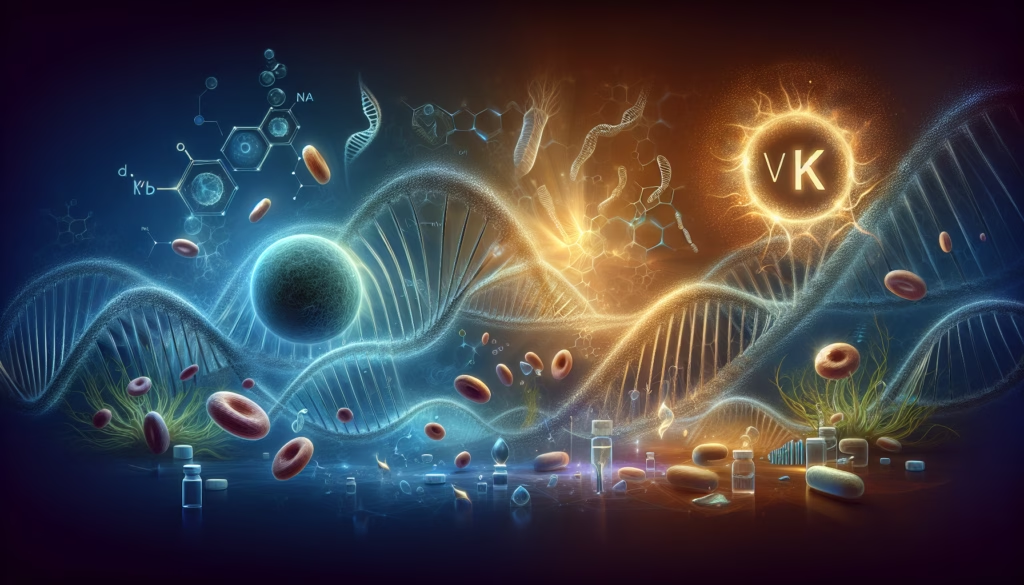
Beta Glucan
Discover the science-backed potential of beta glucan as an adjunct in cancer therapy. This post delves into the latest research
Click 
Ginger, a widely used spice and medicinal herb, has shown promising potential in cancer management and metabolic health. Recent research has uncovered several anti-cancer properties of ginger and its bioactive compounds.
Ginger extract has demonstrated the ability to inhibit cancer cell proliferation and induce apoptosis (programmed cell death) in various types of cancer12. Studies have shown that ginger components, particularly 6-gingerol, can:
Arrest the cell cycle in G0/G1 or G2/M phases
Downregulate cyclin D1 gene expression
Increase p21 expression
Inhibit PI3K/AKT/mTOR and STAT3 signaling pathways1
Ginger bioactive compounds have been found to modulate several key signaling pathways involved in cancer development and progression:
Inhibition of NF-κB pathway
Suppression of PI3K/Akt pathway
Interference with MAPK pathway1
Ginger components, such as 6-gingerol and 6-shogaol, have been shown to promote apoptosis in cancer cells through various mechanisms12.
Chronic inflammation is often linked to cancer development. Ginger, particularly gingerol, possesses anti-inflammatory properties that may contribute to its anti-cancer effects1.
In addition to its anti-cancer properties, ginger has shown potential benefits for metabolic health:
Reduction in fasting blood sugar and total cholesterol levels in people with type 2 diabetes4
Increase in the thermic effect of food, potentially aiding in weight management7
While ginger shows promise as a natural compound with anti-cancer and metabolic health benefits, more research is needed to fully understand its therapeutic potential.
Clinical trials investigating ginger’s efficacy in cancer often use varying doses and formulations, typically ranging from 250 mg to 2 g daily of standardised ginger extract.
Breast Cancer, Colorectal Cancer, Ovarian Cancer
Ginger, while generally safe, can cause several side effects, especially when consumed in large quantities:
Digestive issues: Ginger may cause heartburn, diarrhea, gas, bloating, and general stomach discomfort13.
Increased bleeding risk: Ginger has blood-thinning properties, which can increase the risk of bleeding, particularly in people taking blood-thinning medications or those with bleeding disorders34.
Interactions with medications: Ginger may interact with drugs that regulate blood sugar, blood pressure, and blood thinners like warfarin25.
Allergic reactions: Though rare, some individuals may experience allergic reactions to ginger, ranging from mild rashes to more severe symptoms2.
Pregnancy concerns: While moderate amounts are generally safe, excessive consumption during pregnancy may increase the risk of complications2.
Gallbladder issues: People with gallstones should consult their doctor before taking ginger, as it may increase bile flow45.
Mouth and throat irritation: Some individuals may experience irritation in the mouth and throat when consuming ginger9.
It’s important to note that these side effects are typically associated with high doses of ginger, and moderate consumption is generally well-tolerated by most people. If you have any concerns or pre-existing health conditions, it’s advisable to consult with a healthcare professional before adding significant amounts of ginger to your diet5.
Research on ginger’s synergistic potential in combination therapies is ongoing. Some studies suggest that ginger may help mitigate side effects and enhance treatment efficacy when combined with conventional cancer treatments, such as chemotherapy or radiation therapy. Further rigorous clinical trials are needed to establish optimal combinations and dosages.
– US National Library of Medicine research on Ginger:
– Europe PMC research on Ginger:
– Pubmed research on Ginger:
Based on recent studies, ginger supplementation in therapeutic quantities can have several positive impacts on quality of life:
Improved chemotherapy-related quality of life: Patients receiving chemotherapy reported better quality of life related to chemotherapy-induced nausea (CIN) and chemotherapy-induced nausea and vomiting (CINV) when taking ginger supplements1.
Reduced cancer-related fatigue: Ginger supplementation was associated with less cancer-related fatigue in chemotherapy patients1.
Enhanced global quality of life: Cancer patients taking ginger supplements reported better overall quality of life during chemotherapy cycles1.
Improved neurological function: In patients with multiple sclerosis (MS), ginger supplementation improved disability scores and quality of life2.
Better gastrointestinal health: Ginger can help relieve nausea, vomiting, and indigestion, potentially improving overall comfort and well-being34.
Reduced menstrual pain: Some studies suggest ginger may be as effective as common pain relievers in alleviating menstrual discomfort4.
Potential cognitive benefits: Some research indicates ginger may help improve brain function and potentially protect against age-related cognitive decline4.
Improved osteoarthritis symptoms: Ginger supplementation may help reduce pain and disability associated with osteoarthritis, potentially enhancing mobility and daily functioning45.
It’s important to note that while these benefits have been observed in various studies, individual responses may vary.
We’ve done our best to include as much information as possible for this supplement.
If you have any other questions, please send us a message or join our Skool Group and ask our knowledgeable and friendly community.
Ginger is widely available as a food and dietary supplement in most countries, found in fresh, dried, powdered, and extract forms.
While specific demographic data is limited in peer-reviewed literature, clinical trials have involved diverse patient populations, with studies including both male and female participants primarily aged adults with various cancer types and stages.
While ginger and its bioactive compounds show promise in cancer therapy, current research suggests several mechanisms that may help overcome or avoid drug resistance commonly seen with conventional treatments:
1. Multi-Target Action
Ginger compounds like 6-gingerol and 6-shogaol modulate multiple pathways simultaneously (e.g., NF-κB, PI3K/Akt, STAT3, and Wnt/β-catenin), reducing the likelihood of resistance through single-pathway mutations147.
2. Synergy with Chemotherapy
Ginger extract synergizes with methotrexate in pediatric acute lymphoblastic leukemia (ALL), enhancing efficacy even in drug-resistant cells2.
Demonstrates chemosensitizing effects by inhibiting P-glycoprotein, a key mediator of multidrug resistance4.
3. Bypassing ABC Transporters
Unlike many chemotherapeutic agents, ginger’s anti-leukemic effects in ALL cells are independent of ABCA2/ABCA3 transporter overexpression—a common resistance mechanism2.
While no studies have directly observed resistance to ginger itself, theoretical risks include:
Activation of alternate survival pathways (e.g., autophagy modulation)15
Metabolic adaptation to oxidative stress caused by ginger compounds58
Current evidence suggests ginger’s multi-modal action and synergy with conventional therapies may help circumvent traditional resistance mechanisms, though long-term studies are needed to confirm these effects146.
Numerous preclinical studies using cell cultures and animal models have investigated ginger’s anti-cancer properties, providing insights into potential mechanisms, including effects on cell cycle regulation, apoptosis induction, and metastasis inhibition.
Information on active clinical trials can be explored at ClinicalTrials.gov for ongoing Phase II and III trials investigating ginger’s potential in various cancer applications.
Research on ginger’s interaction with specific genetic markers in cancer is limited. Emerging studies are investigating its effects on gene expression related to cancer progression.

Discover the science-backed potential of beta glucan as an adjunct in cancer therapy. This post delves into the latest research

Explore the emerging world of hydrogen gas (H₂), also known as Brown Gas, and its remarkable potential as an adjunct

Explore the latest scientific insights into vitamin K2 and its promising role in cancer therapy. In this comprehensive blog post,
Apoptosis, or programmed cell death, is a natural process where cells self-destruct when they are damaged or no longer needed. This is crucial for maintaining healthy tissues and preventing diseases like cancer.
Drugs and supplements that induce apoptosis help eliminate cancerous cells by triggering this self-destruct mechanism, ensuring that harmful cells are removed without damaging surrounding healthy tissue.
Understanding and harnessing apoptosis is vital in the fight against cancer, as it targets the root cause of the disease at the cellular level.
Cell proliferation is the process by which cells grow and divide to produce more cells. While this is essential for growth and healing, uncontrolled cell proliferation can lead to cancer.
Drugs and supplements that inhibit cell proliferation help prevent the rapid multiplication of cancerous cells, slowing down or stopping the progression of the disease.
By targeting the mechanisms that drive cell division, these treatments play a vital role in controlling and potentially eradicating cancer.
Cancer cells often hijack specific biological pathways to grow and spread. Drugs and supplements that target these pathways can disrupt the cancer cell’s ability to survive and multiply.
By focusing on the unique mechanisms that cancer cells use, these treatments can be more effective and cause fewer side effects compared to traditional therapies.
Targeting specific pathways is a key strategy in precision medicine, offering a tailored approach to combat cancer at its core.
Angiogenesis is the process by which new blood vessels form, supplying nutrients and oxygen to tissues. Cancer cells exploit this process to fuel their growth and spread.
Drugs and supplements that inhibit angiogenesis can effectively starve cancer cells by blocking the formation of these new blood vessels.
By cutting off the supply lines that tumors rely on, angiogenesis inhibitors play a crucial role in controlling and potentially shrinking cancerous growths.
Immunotherapy harnesses the power of the body’s immune system to combat cancer. By boosting or restoring the immune system’s natural ability to detect and destroy cancer cells, immunotherapy offers a targeted and effective approach to treatment.
Drugs and supplements that support immunotherapy can enhance the immune response, making it more efficient at identifying and attacking cancer cells.
This innovative approach not only helps in treating cancer but also reduces the risk of recurrence, providing a powerful tool in the fight against this disease.
Inflammation is the body’s natural response to injury or infection, but chronic inflammation can contribute to the development and progression of cancer.
Drugs and supplements with anti-inflammatory properties help reduce inflammation, thereby lowering the risk of cancer and other chronic diseases.
By targeting the inflammatory processes, these treatments can help maintain a healthier cellular environment and prevent the conditions that allow cancer to thrive.